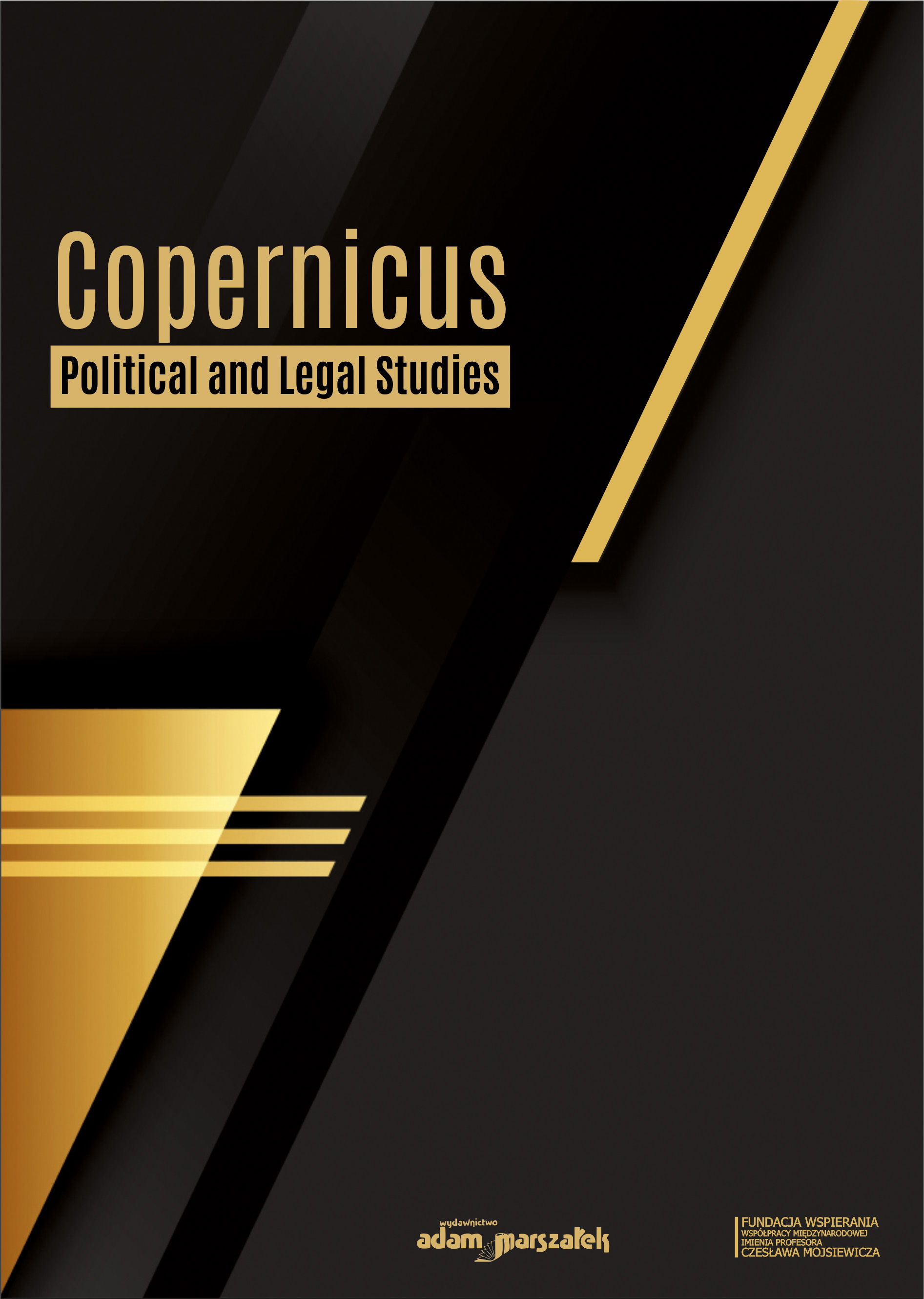Реалізація принципу заступництва в міжнародному гуманітарному праві. Особи, що потребують заступництва під час збройних конфліктів
Implementation of the Principle of Advocacy in International Humanitarian Law. Persons in Need of Advocacy during Armed Conflicts
Author(s): Oksana Sokyrynska, Inna KovalchukSubject(s): International Law, Human Rights and Humanitarian Law
Published by: Wydawnictwo Adam Marszałek
Keywords: principles of international law; intercession; armed conflict; belligerents; guarantees of international law; combatants;
Summary/Abstract: The article is devoted to the issue of topical issues of implementation and guarantee of the principle of protection of international humanitarian law. Advocacy is seen as protection not from the inevitable violence of war as such, but from arbitrariness caused by one warring party against persons belonging to the other warring party who came under the rule of the former during the war. One of the most important principles of international humanitarian law is that all persons who fall into the power of the enemy have the right to be treated humanely, regardless of their status and previous function or activity. International humanitarian law explicitly authorizes the parties to a conflict to take such control or security measures against persons under their control as may be necessary due to war. The right to protection is absolute and applies not only to persons deprived of their liberty, but also, more broadly, to the inhabitants of the territory under the control of the enemy. For example, the armed aggression of the Russian Federation against Ukraine, we can observe partial or complete disregard for the principle of patronage. If there are problems with the implementation and guarantee of the principles of international humanitarian law, states decide on their interpretation, primarily by international courts (these are special international criminal tribunals organized in connection with specific conflicts, the International Criminal Court and, of course, the International Court of Justice). UN) and tribunals, full-fledged decision-making on cases related to violations of international regulations.
Journal: Copernicus Political and Legal Studies
- Issue Year: 1/2022
- Issue No: 3
- Page Range: 7-12
- Page Count: 6
- Language: Ukrainian

